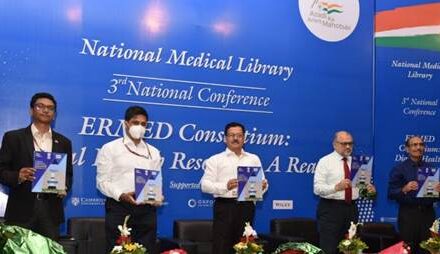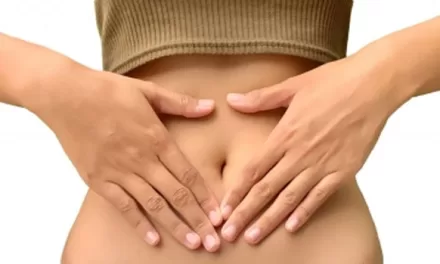Actor Brooke Shields suffered a frightening seizure after unknowingly consuming too much water, a condition known as water intoxication. This incident underscores the importance of awareness about the dangers of overhydration, especially since drinking plenty of water is often touted for its health benefits.
Shields’ experience stemmed from dangerously low sodium levels caused by excessive water intake. This imbalance disrupted her body’s electrolyte levels, leading to the seizure. Her story serves as a cautionary tale, reminding us that even essential elements like water can be harmful in excess.
Why the Focus on Hydration Can Be Misleading
Many celebrities and social media influencers promote copious water consumption for clear skin and weight loss. While hydration is crucial, the “eight glasses a day” rule often doesn’t apply to everyone. Individual needs vary based on factors like activity level and climate.
The Peril of Hyponatremia
Excessive water intake can lead to hyponatremia, a potentially fatal condition where sodium levels in the blood become dangerously low. This disrupts the body’s delicate water balance and electrolyte levels, causing cells to swell with water.
Checking Your Hydration Levels
Urine is a simple indicator of hydration status. Darker, more concentrated urine suggests dehydration, while clear or light-colored urine indicates adequate hydration. However, certain medications and foods can also affect urine color.
How Much Water is Too Much?
The average adult needs around two to three liters of fluids daily, with about 20% coming from food. However, sweating significantly increases this requirement.
Medical Conditions and Overhydration
Certain medical conditions, such as schizophrenia and anorexia nervosa, can lead to compulsive water drinking, posing a health risk. Treatment focuses on managing the underlying condition and correcting electrolyte imbalances.
The Tragic Case of Leah Betts
The highly publicized death of Leah Betts in 1995 serves as a stark reminder of the dangers of excessive water consumption, particularly in conjunction with MDMA use. The drug disrupts the body’s ability to regulate fluids, leading to potentially fatal water intoxication.
Symptoms of Water Intoxication
Early signs of water intoxication include nausea, vomiting, blurred vision, and dizziness. As the condition worsens, symptoms resembling psychosis, such as confusion and hallucinations, can emerge. Left untreated, water intoxication can lead to fatal brain swelling.
Listen to Your Body
A healthy body communicates its hydration needs. If you’re thirsty and your urine is dark, drink more. But if you’re not thirsty and your urine is clear, you’re likely well-hydrated. By understanding our individual needs and the potential dangers of overhydration, we can ensure water remains a health ally, not a hidden threat.











